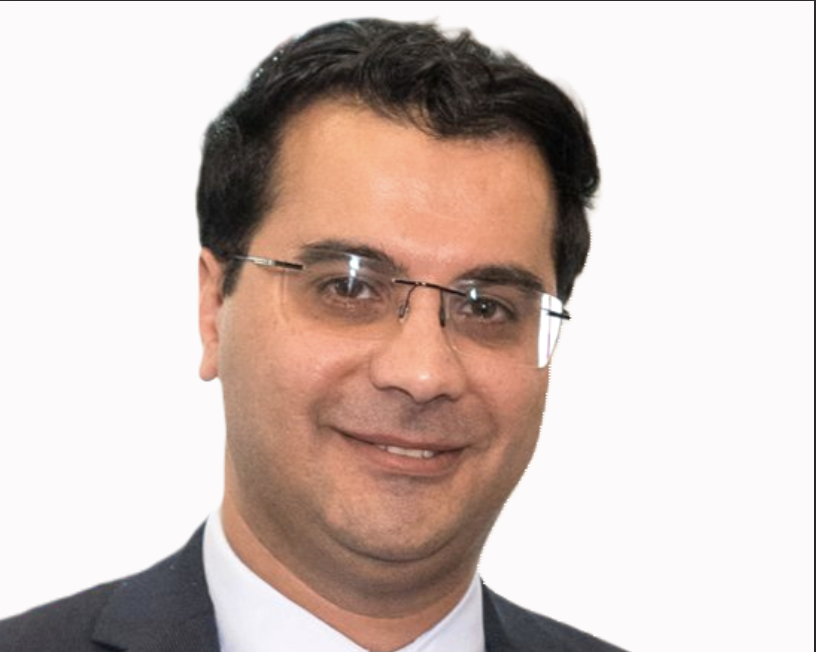The Maltese authorities will not be requesting Europol to set up a joint investigation team to look into the assassination of journalist Daphne Caruana Galizia, saying there already is an ongoing collaboration with the European law enforcement agency. Yet, the efforts are not the same.
Speaking in Parliament, Law Enforcement Minister Byron Camilleri said Europol had been involved in the murder investigation of Caruana Galizia from the very beginning. Caruana Galizia was assassinated by a car bomb that exploded on 16 October 2017.
“I am informed that what is expected from the Joint Investigation Team is being given through Europol’s constant assistance as well as through the task force that was set up, where its officials are in Malta as part of its work,” he said.
Yet, the request for a Joint Investigation Team is now a request for Europol’s involvement in the investigations. Europol is the only agency through which a Joint Investigation Team can be set up. Involvement in the investigation in Malta and facilitating a Joint Investigation Team are complementary, not mutually exclusive.
A Joint Investigation Team is an international cooperation tool based on an agreement between competent authorities – both judicial and law enforcement – of two or more States – established for a limited duration and for a specific purpose, to carry out criminal investigations in one or more of the involved States.
An established and effective cooperation tool among national investigative agencies when tackling cross border crime, Joint Investigation Teams facilitate the coordination of investigations and prosecutions conducted in parallel across several States.
A task force in Malta cannot replicate the power and scope of a Joint Investigative Team. The resistance to setting up a Joint Investigation Team echoes the government’s resistance to set up a public inquiry.
Camilleri’s reply comes almost three weeks after a request was made by nine international press freedom organisations in an open letter to Attorney General Peter Grech to immediately set up a joint investigation team to support the judicial proceedings linked to the Caruana Galizia’s murder.

The parliamentary question filed by Opposition MP Jason Azzopardi.
In their letter, the NGOs said they “remain deeply concerned that legal proceedings around the murder have not yet delivered full justice for Caruana Galizia or her family” and requested that the Attorney General invited “the European Union Agency for Law Enforcement Cooperation (Europol) to provide further support to the legal proceedings”.
Once the letter was published, the Maltese police said it was important to clarify that Europol was still involved in the investigations and that its role in the investigation “never ceased”.
Various Joint Investigation Teams were successful in solving a range of cross border crimes and one had been set up to assist with the murder investigations of Slovak journalist Jan Kuciak and his fiancee Martina Kušnírová, who were shot outside their Bratislava home in February 2018.
In fact, Europol’s assistance was praised for its contribution to the legal proceedings in Kuciak’s case, which has led to three men being jailed while another two are still facing trial.
The call to invite Europol in the Caruana Galizia investigation was also made, along with other recommendations, by the European Parliament’s Rule of Law Monitoring Group, as highlighted by Opposition MP Jason Azzopardi who was the one who filed a parliamentary question to Camilleri.
“Could the minister explain why the Maltese police have not yet requested Europol to set up a Joint Investigation Team…in the Caruana Galizia murder investigation?” he asked.
The NGOs pointed out that Europol’s involvement could provide valuable support and help secure a successful result in Caruana Galizia’s case.
They referred to the fact that Malta also had a new prime minister who promised to see through the recommendations made by the Venice Commission, saying the “new leadership” led to expectations that these, together with those made in the December 2019 European Parliament Resolution, would be delivered.
Europol’s strengthened support can also contribute to addressing these. “We also hope that Europol could help facilitate legal proceedings, including improving the cooperation of the Maltese authorities with all foreign jurisdictions and enabling better access to information,” the NGOs said.
“By delivering justice in this important case, the Maltese authorities will demonstrate that no one in Malta is above the law and that journalists will be protected.”












